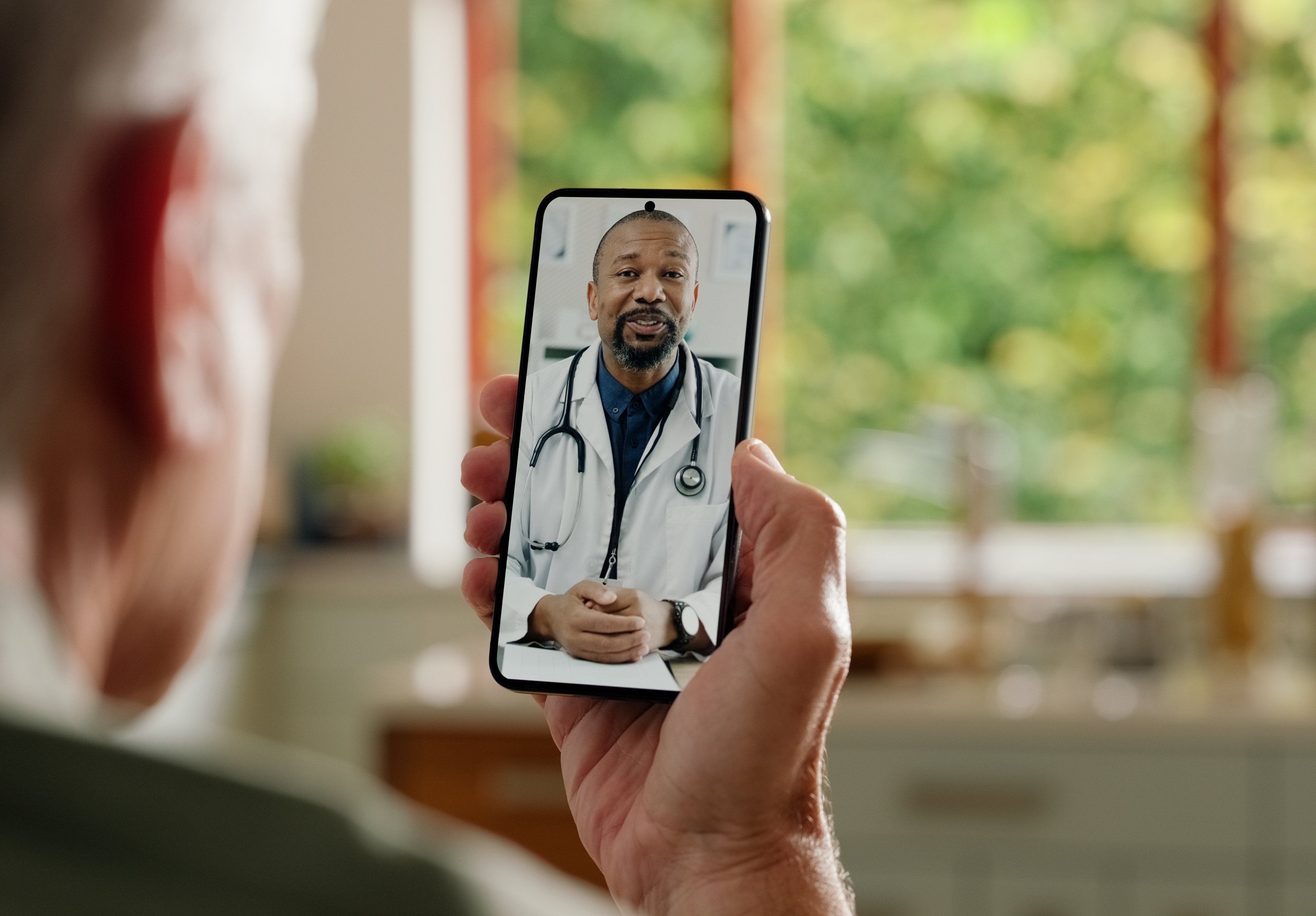Pfizer (PFE +0.00%) has not been performing well since 2012 when its patents for blockbuster drugs began to run out. The market reaction to that happening, and the company's ongoing prospects, led to its undervaluation, despite solid plans for future growth.
In this video segment, healthcare analyst Kristine Harjes and Motley Fool contributor Todd Campbell explain just what Pfizer is looking to do that's setting it up ahead of the curve for 2016, and why at the current price this stock is a bargain.
A full transcript follows the video.
This podcast was recorded on Dec. 21, 2015.
Kristine Harjes: Moving on to another stock that we thought sounded pretty promising and kind of cheap, is Pfizer.
Campbell: Pfizer is a favorite company for investors to have disliked since 2012, because they had lost patent protection on their $13 billion megablockbuster Lipitor, a cholesterol-busting drug. And obviously, if you lose patent protection on a drug that's generating that much of your revenue, that's going to be pretty hard to replace. You fast forward, though, a few years, and it could be that the quarter is going to turn for this company. And if it does, then paying less than 14x forward earnings to buy this stock may make a lot of sense.
Harjes: Yeah, this to me remains a long-term investing story. Everything we recommend on the show is a long-term situation. You should buy and hold for at least 5+ years. But for me, especially Pfizer -- this is not a company that is going to see a ton of growth in the next year, I would say. But it pays a really solid dividend, 3.75%, and because of that, it attracts a lot of long-term investors, which will reduce your volatility a little bit, and meanwhile, they've got a lot of irons in the fire.
They've got IBRANCE, which is their breast cancer drug, that should hit blockbuster status sometime in 2016. The recent Hospira acquisition to get into biosimilars, that should be an enormous market, and combat the threat that the company is experiencing from other competing biosimilar companies, Eliquis, the next-generation blood thinner -- there's just really a lot of things that could go well for this company, but it's going to take some time to really start to see more growth.
Campbell: This is one that maybe you sock away this Christmas and next. I think a lot of people are extrapolating the weakness they've suffered the last few years continuously out into the future. And if this company can return to mid-single-digit growth in 2016 and then build upon that as we move further into the year, and expectations for 2017 start getting priced in, I don't see a reason why you can't have the stock trade nicely higher for investors.






